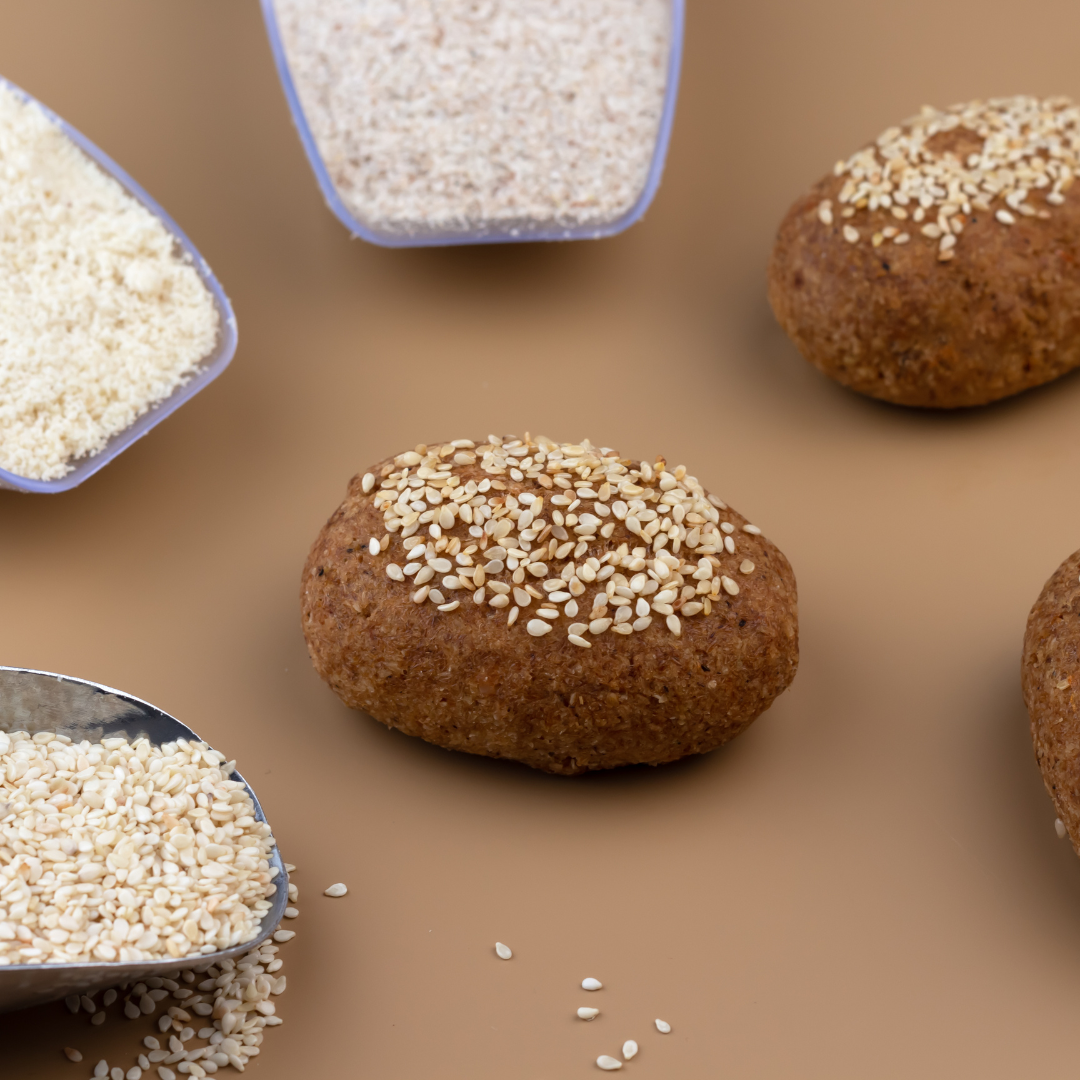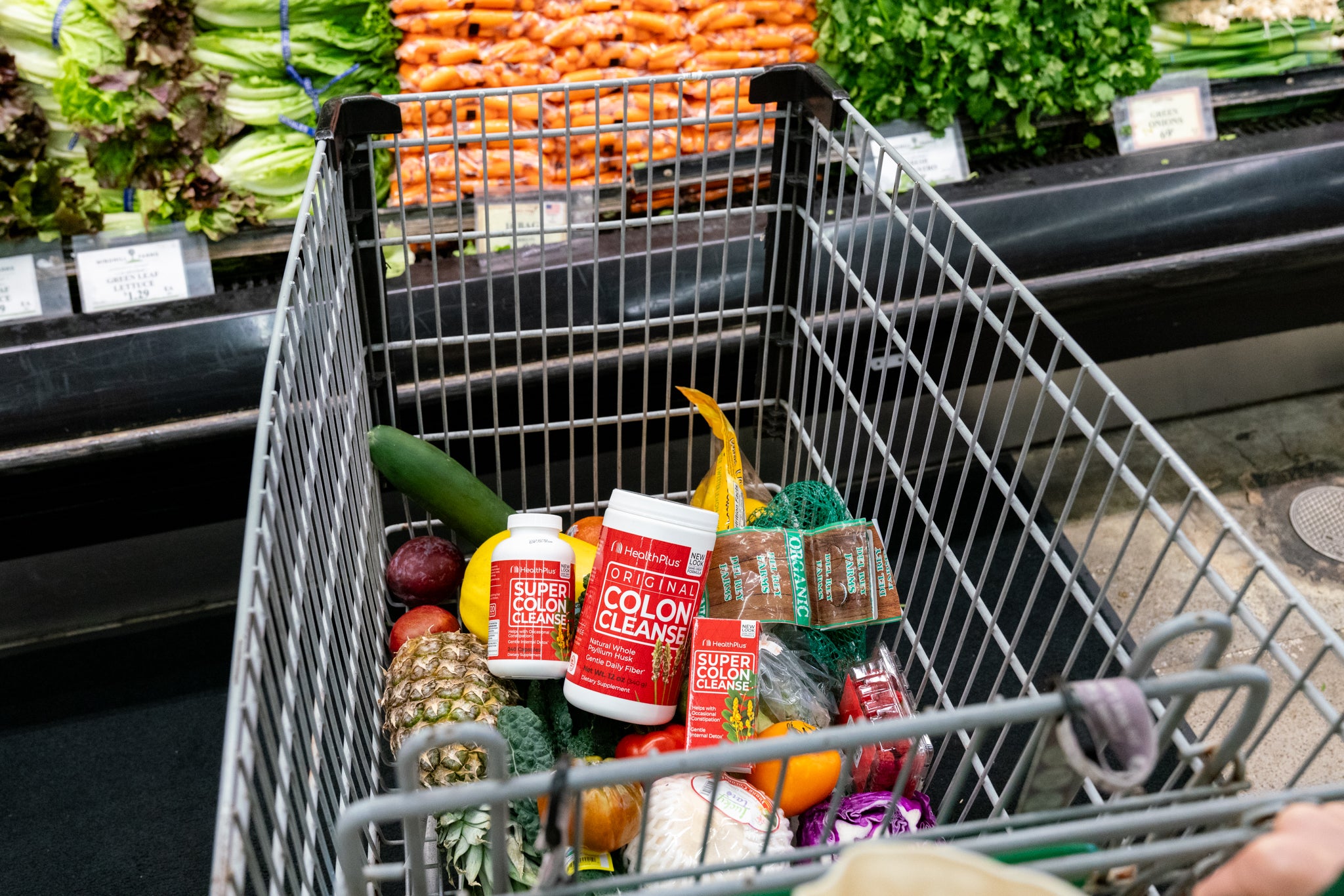Many have heard of leaky gut; but have you heard of leaky skin?
As the largest organ of the body, one of the skin’s primary responsibilities is to protect us from environmental stressors. It acts as a barrier against damaging UV rays and harmful pathogens and helps our body detect temperature, touch, pressure and injury. When the barrier loses its ability to function properly or becomes compromised, it can be referred to as having leaky skin.
“Leaky skin becomes dehydrated, and all those irritants and allergens and pollutants and pathogens are able to penetrate and trigger inflammation,” dermatologist Whitney Bowe told the Wall Street Journal.
In addition to protecting us from the outside world, the skin can also alert us to trouble inside our body. Minor disruptions in the skin like redness or rashes are often an indication that there is a problem brewing internally. And, while it may seem odd, many skin issues can be traced back to your gut. The reason this happens is because the digestive tract and skin are connected by what is called the gut-skin axis.
Microbiomes and the Immune System
To understand how the gut-skin works, we can look at how uniquely similar the gut and skin are when it comes to protecting our health.
The digestive tract is home to trillions of different strains of living microorganisms, known as the gut microbiome. The gut microbiome is instrumental in helping to maintain our mental and physical health. Since nearly 70% of our immune system resides in our gut, it also plays an important role in regulating and influencing our immune responses.
Our skin also has a microbiome, referred to as the skin microbiota. Like the gut microbiome, the skin microbiota is made up of millions of microorganisms that reside on the skin. It works in conjunction with the immune system to protect us from harmful bacteria. According to Nature, “researchers have uncovered evidence of extensive communication between bacteria, skin cells and immune cells.” This interaction with the immune system enables the skin to continue to renew and repair itself without disruption and ultimately, to provide maximum protection against infection.
How the Gut and Skin Interact
Diet plays a significant role in maintaining and supporting our gut microbiome. Simply put, a healthy diet means a healthy gut microbiome. Unfortunately, the opposite is also true. An unhealthy diet can lead to all sorts of problems for the gut microbiome. Eating highly processed, fatty foods as well as sugary snacks can create an imbalance or a lack of diversity in “good” and “bad” bacteria. This imbalance and more specifically, the loss of beneficial bacteria can negatively affect our organs - including the skin.
Research suggests that an imbalance in the gut microbiome can damage the barrier or lining of the intestines. When this happens, harmful bacteria can spread from the gut to the skin through the bloodstream. Once the bacteria reaches the skin, it disrupts the skin microbiota, causing an imbalance and impairing its ability to protect us. While many factors contribute to skin disorders, studies show a potential link between gut health and serious skin issues such as eczema, acne, psoriasis, rosacea and dermatitis.
According to the Natural Medicine Journal, “the recognition that the gut and skin are connected is not new; traditional forms of medicine that have been around for thousands of years, such as Ayurvedic medicine and traditional Chinese medicine, have a gut-centric approach to health and disease.” While research is still ongoing, these studies, supported by ancient wisdom, seem to confirm what we have suspected all along - if you want radiant, clear skin, you need to eat a well balanced diet.
While there is no one size fits all approach to achieving gut health and good skin, everyone can benefit from eating fresh whole food rich in variety and color. To increase the friendly bacteria in your gut, cut out processed foods and switch to food high in fiber or take a fiber supplement like psyllium husk to ensure regularity.
Spice up your meals and support digestion by adding turmeric, ginger or cumin to your food. Each of these spices will enhance flavor, and have been used medicinally to treat digestive ailments in traditional Ayurvedic medicine for centuries. Another suggestion for keeping your skin glowing and gut microbiome in balance, is to include probiotic-rich foods like kimchi, greek yogurt, or kefir in your diet. If fermented foods don’t appeal to you, be sure to take a probiotic supplement daily.





